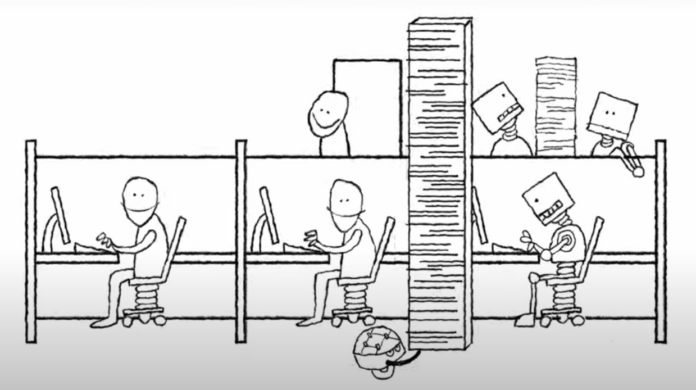About seven in every 10 (69%) of workers in Singapore believe that automation can address burnout and improve job fulfillment, higher than the global average (58%) and third highest among all countries surveyed globally, according to a survey commissioned by UiPath.
In partnership with Researchscape, UiPath conducted this research via an online survey fielded in March 2023.
There were 6,460 respondents to the survey, spread out across the United States, Japan, Germany, India, United Kingdom, France, Australia, and Singapore.
Findings show that 73% of 581 respondents in Singapore also report that they view employers that use business automation to help support employees and modernise operations more favorably than those that do not.
Employees are being asked to do more work with less support, with 47% of all Singapore respondents saying they’ve been asked to take on more tasks at work in the past six months because of layoffs or hiring freezes.
As work pile-up takes a toll on employees — about one in four workers (26%) in Singapore report feelings of burnout — more staffers are leaning on AI tools to provide relief, giving rise to the Automation Generation.
The Automation Generation does not represent a specific age or demographic, but rather, the professionals embracing AI and automation to be more collaborative, creative, and productive. This generation of workers wants these technologies to enrich their work and personal lives and prevent them from feeling like robots themselves.
Among Singaporean workers, 49% are already using business automation solutions at work, the second highest among all countries surveyed globally. Of these workers comprising the Automation Generation, 87% feel like they have the resources and support needed to do their job effectively and 81% believe business automation solutions can help address burnout and enhance job satisfaction.
Findings also show that when asked what aspects of their job would change with the help of automation tools, Singaporean workers said they wanted more flexibility when it comes to their work environment (47%), more time to learn new skills (43%), and less time spent on manual tasks (42%).
Also, workers are increasingly looking for automation and AI-powered tools to help with mundane, repetitive tasks, and 69% of Singaporean workers believe that automation can address burnout and improve job fulfillment.
The leading contributors to burnout for Singapore workers are pressure from managers/leadership (40%); too much time spent on tactical tasks and working beyond scheduled hours (38%); and uncertainty about career opportunities at their company (33%).
“The insights from our survey has shown that the majority of Singaporean workers are ready to embrace AI-powered automation to support them at work,” said Jess O’Reilly, area VP, Asia at UiPath.
“To enhance job satisfaction and increase productivity of workers, organisations in Singapore must augment capabilities of the human workforce with automation to ensure sustainable business growth,” said O’Reilly.
















